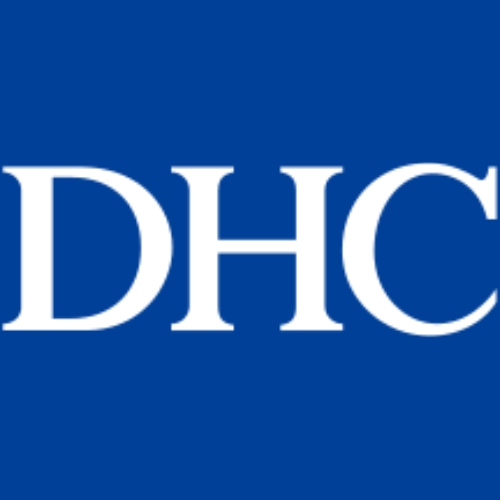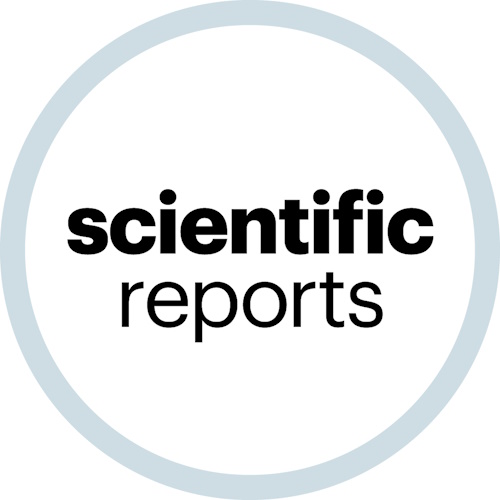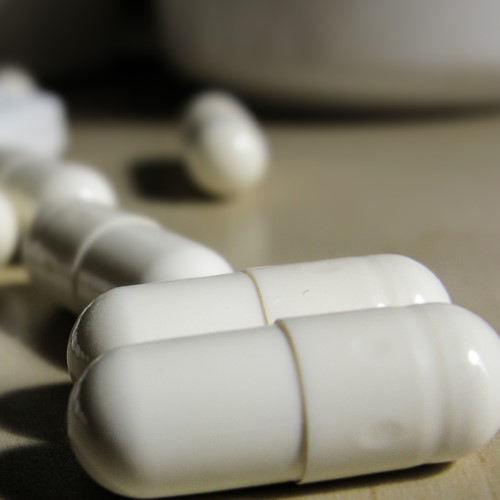Scientists from DHC Corporation Laboratories in Japan have recently done a study on how NMN supplements (nicotinamide mononucleotide) can help middle-aged people stay healthy by improving their cardiovascular health.
Nicotinamide adenine dinucleotide: A vital coenzyme
The body needs a special helper called nicotinamide adenine dinucleotide (NAD+) to carry out many important chemical reactions. It helps in the breakdown of food, production of energy, and many other processes that keep us healthy. As we grow older, the levels of NAD+ in our body decrease, and this can lead to many health problems. Scientists are trying to find ways to increase NAD+ levels in our body to keep us healthy.
There are two ways by which NAD+ can be made in our body. One is by using a special amino acid called tryptophan, and the other is by using certain chemicals called precursors. One such precursor is nicotinamide mononucleotide (NMN), which has been found to increase NAD+ levels in animals.
In recent years, scientists have started studying the impact of NMN on humans. They found that taking NMN supplements can increase NAD+ levels in our body and improve many health problems associated with aging. For example, it can help improve our heart health by reducing the risk factors for heart diseases such as high blood pressure and high cholesterol levels.
The study
The study was designed as a randomised, double blind, placebo-controlled trial. In this study, 36 men and women aged 40-59 years were chosen. Certain people were excluded from the study, such as those with serious health problems like heart, liver, kidney, lung or gastrointestinal issues. They were also excluded if they had diabetes, allergies or were taking medications that could affect the study results.
The participants were randomly put in either a group that took NMN (a supplement) or a group that took a placebo (a fake pill). The participants who got the NMN supplement were given an intake of 250mg per day.
Results
After 12 weeks, the researchers found that there were no major alterations in the health measures they had checked, like haematology, clinical chemistry, and hormones in either group.
The effects of supplements were analysed by monitoring the following in the participants:
- serum NAD+, NMN and NAM concentrations
- blood pressure, blood glucose and Body mass index
- urinary 8-hydroxydeoxyguanosine (8-OHdG)
- SIRT1 mRNA expression in the blood
- advanced glycation end products (AGEs) in the skin
The study found that the supplementation of NMN can be beneficial in activating NAD metabolism in middle-aged people, and may reduce the risk of heart diseases by alleviating vascular stiffness. The study found that a 12-week supplementation of NMN was associated with reduced brachial-ankle pulse wave velocity (baPWV) values, which is an indicator of arterial stiffness that correlates strongly with age.
The difference in the estimated age of blood vessels in the NMN groups and placebo groups was derived and found to be lower in the NMN group. Subgroups were analysed based on sex differences and higher than average risk for heart pathologies, and it was found that NMN's baPWV-reducing impact was more substantial in participants who had higher BMI and blood glucose levels. However, NMN supplements drastically decreased diastolic blood pressure in people who had higher than mean glucose levels in blood, which may help reduce CVD risk even in apparently healthy people.
The study also suggests that chronic supplementation of NAD+-boosting agents may reduce blood vessel stiffness and protect against CVD risk.
Limitations
The study acknowledged its limitations that may have affected the results:
- participants weren't recruited properly and had different baseline characteristics
- method used to test NAD+ metabolism was inadequate
- supplements taken before the study may have influenced the results
Conclusion
This study gives us the first idea of how NMN supplements may help reduce heart disease risks by improving how our arteries work. More research is needed to confirm these benefits, but this study shows promise in using NMN supplements for improving our cardiovascular age.
Author: Joydev Bhattacharjee
Reference
Katayoshi, T., Uehata, S., Nakashima, N. et al. Nicotinamide adenine dinucleotide metabolism and arterial stiffness after long-term nicotinamide mononucleotide supplementation: a randomized, double-blind, placebo-controlled trial. Sci Rep 13, 2786 (2023). https://doi.org/10.1038/s41598-023-29787-3







